The green of the garden and the trees around the Fernando Leite Couto Foundation gained a singular highlight with the intense sun that was high over the city of Maputo.
Indian Ocean Encounters with Wazimbo and Eliana Nzualo
Two artists reflecting their time
The green of the garden and the trees around the Fernando Leite Couto Foundation gained a singular highlight with the intense sun that was high over the city of Maputo. On the white sofas of the Library, on the first floor, Wazimbo and Eliana Nzualo started a conversation.
The crew on board was headed for the Indian Ocean Encounters. The initiative, which results from a partnership between Índico magazine and the Fernando Leite Couto Foundation, intends to be a journey in search of the improbable.
“Artists are able to read society,” Eliana Nzualo observed, a multidisciplinary artist who takes ownership of the written language, music as a DJ and visual arts to tell stories.
Addressing Wazimbo, seated across her, with two oval coffee tables to set the required distance for these days, Nzualo continued: “those who make art bring the experience and awareness of people, they illustrate how they see and understand the world.”
Surrounded by books, paintings, sculptures from different generations, Wazimbo and Eliana Nzualo opened the “Indian Ocean Encounters” series of conversations.
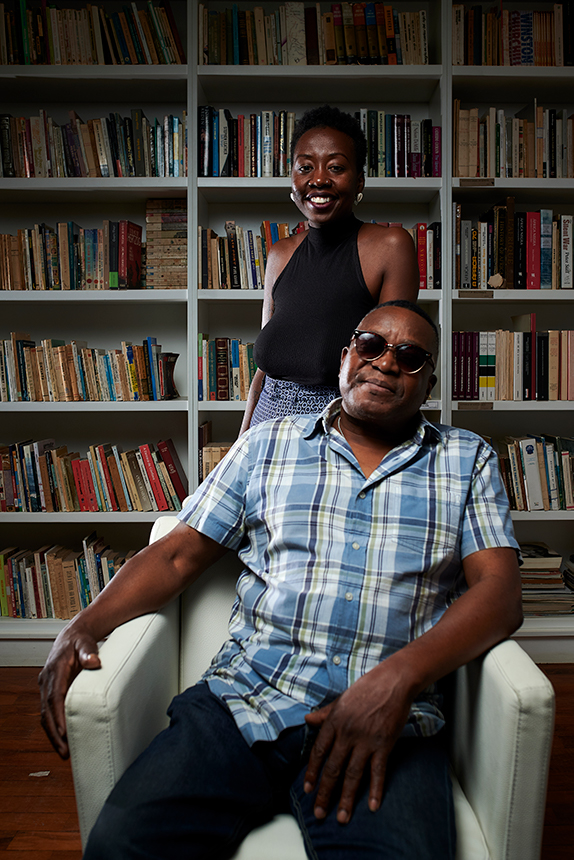
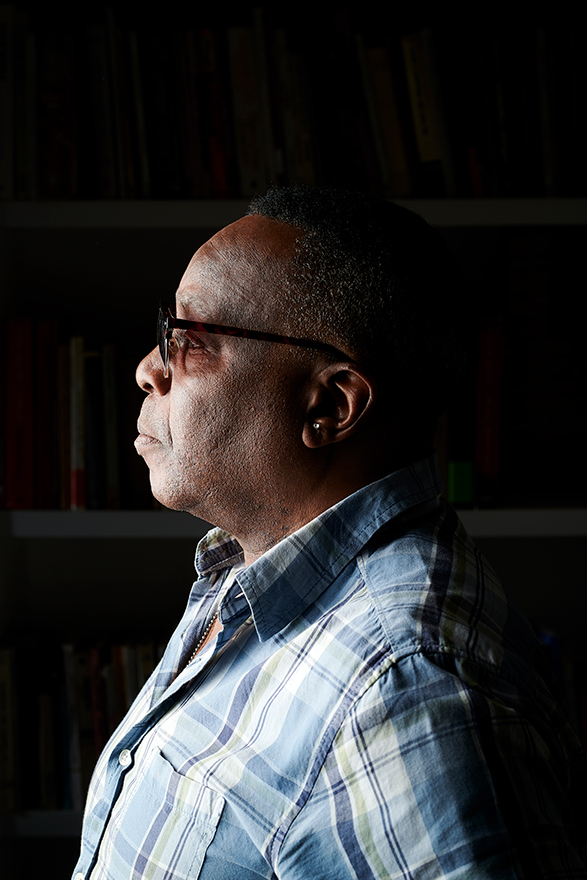
“If I were twenty or thirty today, I would have chosen another profession, but I am no longer in a position to do so” – Wazimbo
The songs Provinciano and the hit Sapateiro follow this thread, the 72-year-old heartthrob admitted, 55 of those dedicated to art, in a career in which the work with Grupo RM stands out, as well as a successful solo journey.
Surrounded by books distributed on white shelves, the walls consist of paintings, sculptures of different generations just like the two artists who inaugurated this series of conversations there.
The young Eliana, author of the children’s book Elefante Tendai e os Primos Hipopótamos, compared the artist to a sociologist, for the ability to translate everyday life.
Provinciano, Wazimbo recalled while making himself comfortable in the armchair, is connected to the landscapes, to the village, a calm place that no longer exists and to the dreams and imaginary of the inhabitants of Chibuto, in the province of Gaza, in the short time he spent there during childhood.
“It’s what you just said” – Wazimbo reacted to the provocation of the moderators of the conversation about the fact that the artist’s role is to awaken society.
Eliana Nzualo then revealed that she sees herself in the American singer Nina Simone, who said artistz must portray their time. “It’s a little like that, writing a book that portrays the dilemmas of a generation, in a specific space and time,” she clarified.

“Those who make art bring the experience and awareness of people, they illustrate how they see and understand the world” – Eliana Nzualo
In the impossibility of accessing a crystal ball that allows her to look into the future, the young author had reservations talking about projects. “I don’t know where the world will be in the next 10 or 15 years. I hope it’s happier and better than it’s today,” Eliana said.
Wazimbo took the floor and assumed that he looks forward to the future with great eagerness since he was 15 years old, when he became involved with music. The career spanning five decades is a journey also fraught with frustration. “If I were twenty or thirty today, I would have chosen another profession, but I am no longer in a position to do so,” the vocalist said. But he did not lose hope. “My future perspective is to insist and contribute to whatever I am allowed to improve on this side.”
Among his concerns is the fact that he does not feel that the Ministry of Culture and Tourism is doing anything for the sector and the Musicians Association is falling short.
Young artists, speculated Wazimbo, are not getting affiliated with artist associations because they do not see the added value of this option. “It’s as if they had not influenced important changes in the industry,” he says.
For Eliana Nzualo, there is this widespread disillusionment that permeates artists, from the ones in their 70s, 50s, 40s up to the youngest.
“I’ll defend young people, as a young person who writes and who’s not affiliated to the association,” she stated. “I cannot let associativism get in the way.” And she added: “if I feel that the space is not fertile for my artistic creation, I move away from that space. That non-space that I occupy frees me.”




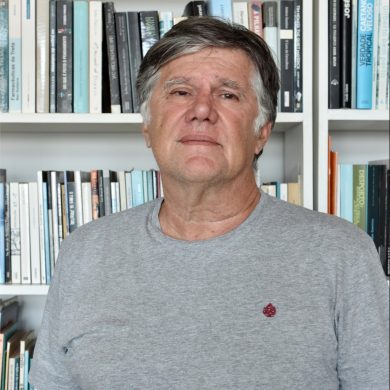

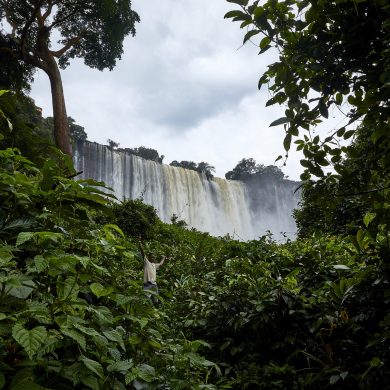

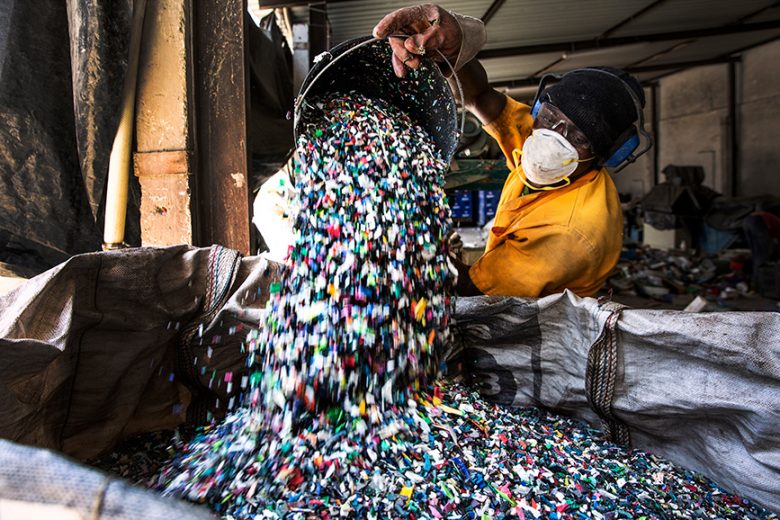
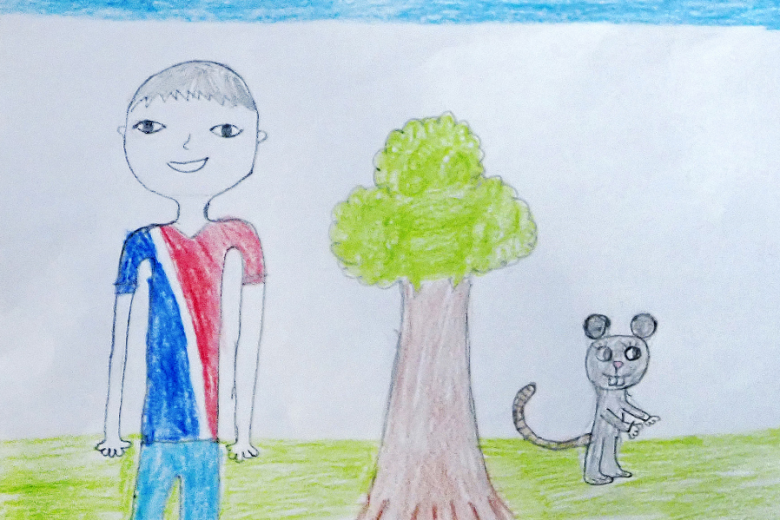










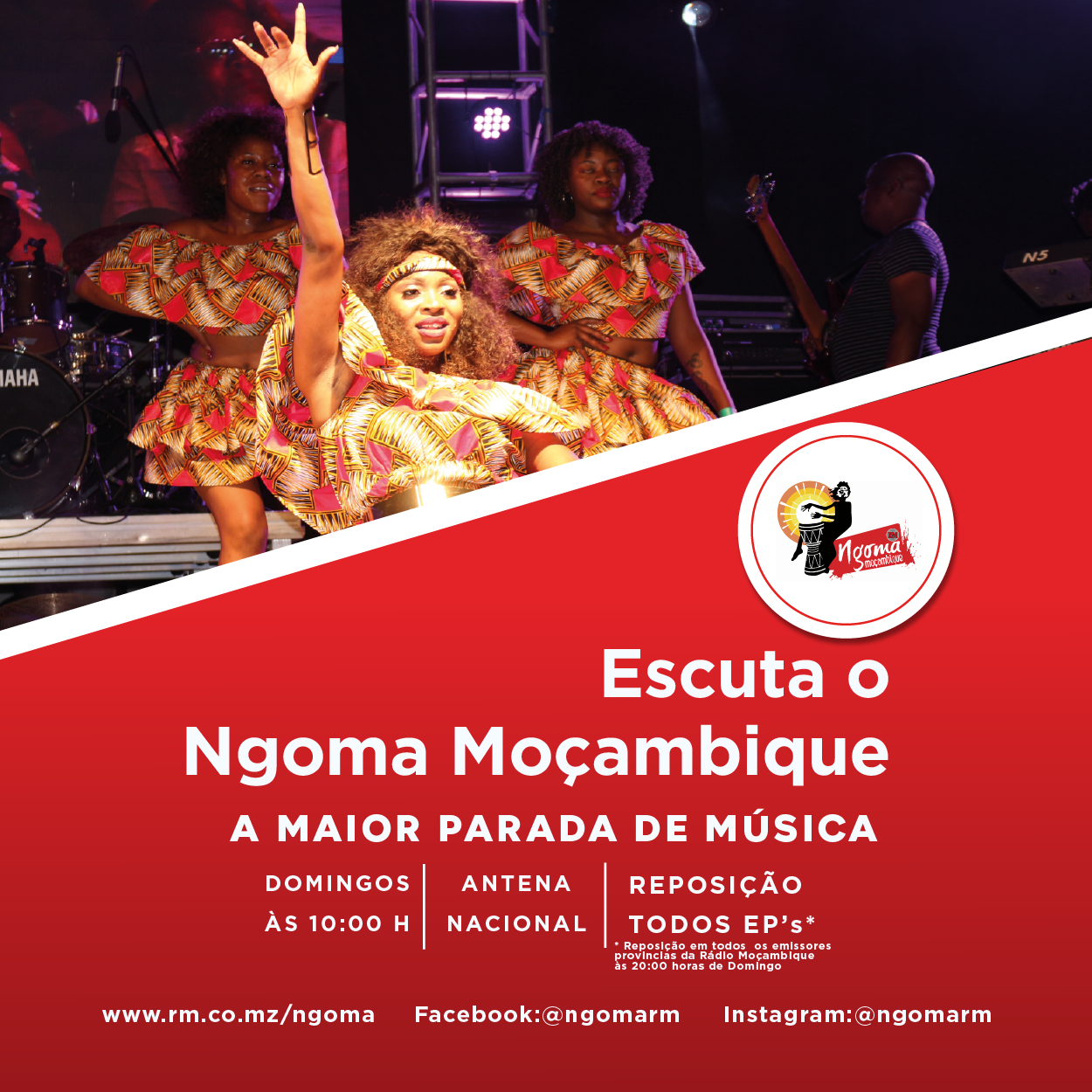






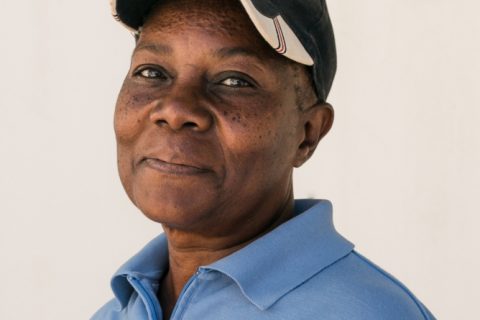
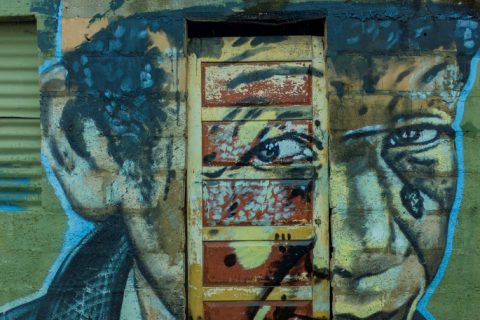


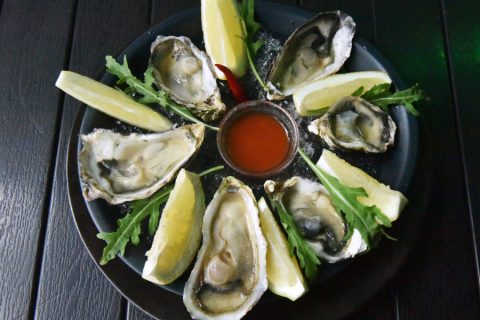



0 Comments